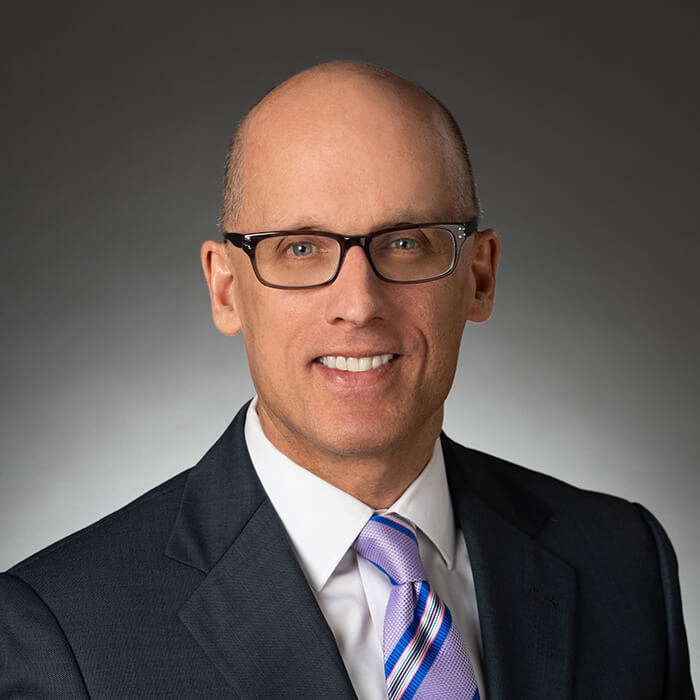Labor Secretary Alexander Acosta defended his role in the plea deal that protected financier Jeffrey Epstein from sex-trafficking charges for more than a decade. In a press conference the day passed, Acosta declined to express regret to the victims for crafting that deal that gave Epstein just thirteen months of confinement and kept stored victims in the dark.
(SOUNDBITE OF ARCHIVED RECORDING)
ALEX ACOSTA:
We now have 12 years of information and hindsight. And we live in a complete one-of-a-kind global. Today’s global treats victims very, very in a different way.
MARTIN: Now, some of the ones alleged Florida sufferers and their representatives are speaking out. Spencer Kuvin is the litigation director at the Law Offices of Craig Goldenfarb in West Palm Beach, Florida, and he represented 3 victims in the unique case in opposition to Epstein. He joins us now. Thanks a lot for being with us.
SPENCER KUVIN:
My pride. Thank you for having me.
MARTIN:
Do the victims you represented return, then feel vindicated now amid the Epstein indictment and expenses in New York?
KUVIN: I can let you know that – and currently speaking with at least one of these victims, she could be ecstatic that he is now in the back of bars but additionally very pissed off at how matters performed out those a few years ago. And she feels that Mr. Acosta’s workplace no longer takes care of the sufferers as much as he appears to be main directly now.
MARTIN:
What needs to be understood about the case against Epstein in 2008?
KEVIN:
Back in 2008, they had over forty ladies who we recognized that the FBI had spoken to and interviewed. And despite that, they’d only talked with the simplest about two or 3 in the U.S. Attorney’s office. And then they determined, for a few causes, to shelve the entirety and give him a sweetheart deal that allowed him out almost eight hours a day throughout the day. And essentially, he only slept in prison at night and then for the duration of the weekends, and that was it.
MARTIN:
So it is your notion that the legal professionals, again, such as Alex Acosta, didn’t pursue the evidence.
KEVIN:
I realize he didn’t. But, in fact, as advocates on behalf of the sufferers, we have been trying to reach his workplace and talk to him and find out what they had been doing and how it came to be and what turned into taking place. And they continually saved us inside the dark – the victims and us – and in no way knowledgeable us approximately what changed into occurring.
MARTIN:
What did you make of the labor secretary’s comments the day before this?
KEVIN:
I literally – even as I was looking at it, I laughed out loud at a couple of factors. First, the victims introduced by the Southern District of New York, those victims, existed when Acosta was investigating his case. Still, he nonetheless appears to say that that is new proof. It is proof that he did not find it. His workplace didn’t locate these other victims that existed in New York. And now he is saying it is come what may, new, but it simply points out his very own office’s screw-ups.
MARTIN:
Do you believe you studied there’s a risk that the women you represented in that Florida case – should any of them come forward to testify publicly if Epstein is going to trial in New York?
KEVIN:
I realize for a fact that certainly one of them has told me that she is ready, inclined, and able to testify if they want her to accomplish that. We’ve spoken with the U.S. Legal professional’s workplace out of their local workplace in Atlanta as recently as the remaining month due to Judge Marra, down here in the federal court, nullifying the non-prosecution agreement. So, due to that, you know, we’re willing to testify and that they want to move forward.
MARTIN:
Spencer Kuvin. He represented 3 of the alleged victims in Jeffrey Epstein’s sexual abuse case in Florida more than a decade ago. Thank you a lot for your time this morning. We admire it.






